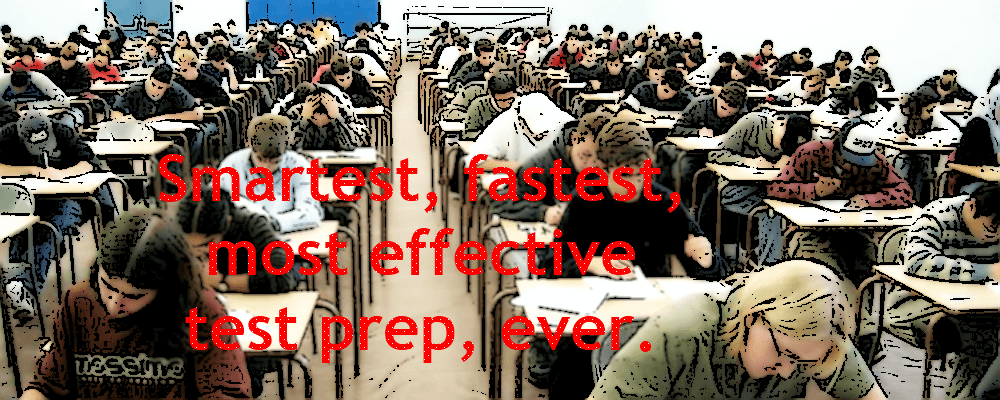From the time their children are five, parents send them to school up to eight hours a day, nine months a year with the expectation that they will be given a solid academic foundation from which they can thrive in life. However, the school system is set up in a way that prevents students from fully being able to reach their potential, unless they receive outside help. Here are some things the school system doesn’t want you to know about how it teaches!
Insufficient Instruction in English Grammar and Writing
It’s not uncommon for even the most successful students to enter college lacking basic grammar and writing skills. Amongst themselves, university professors discuss how alarming this trend has become. They report that many students taking upper-level classes still have a hard time writing a coherent paragraph on their own. Although English (so called English Language Arts) is a required class through the end of high school, the emphasis is usually placed on reading. Even when writing is taught, there is little to no systematic instruction offered on how to write effectively. Additionally, no grammar is taught once students enter middle school, which is unfortunate because this is typically when students begin to study writing at a more in-depth level. To achieve in university classes and beyond, students need a steady diet of grammar and rigorous writing instruction through all twelve years of school.
Quick and Shallow Lessons
Each state has a Department of Education with a mandatory K12 curriculum. It is frequently determined by bureaucrats with little knowledge of classroom learning, and teachers must squeeze in a laundry list of required materials in a short time. This is particularly true of math and science classes, in which complicated ideas are arbitrarily divided into units and taught with little or no explanations. Added to that, testing is so rampant these days that students take a quiz or test almost every week. It can be said that more time is spent on testing than teaching! As a result, students end up just memorizing information without understanding it, and then forgetting it a few weeks later. To really learn with lasting results, students need to be taught at a more in-depth level, at a slower pace, with a regular reinforcement of ideas and with testing kept to a minimum.
No Logical Progression of Ideas in Math and Sciences
Mastery of the math and sciences is dependent upon a logical progression of ideas. However, the rapid rate at which most math and science classes cover material and the superficial level at which most instruction remains often prevents students from developing a full understanding of the concepts fundamental to the more advanced theories they will learn at the undergraduate and graduate levels. Some teachers also lack the sufficient qualifications to teach in a more in-depth way. This can have long-lasting consequences, especially if a student wants to pursue a career in engineering, medicine, or the hard sciences.
No Test Prep
Standardized tests are an unavoidable part of modern life. Students are introduced to academic testing as early as kindergarten and continue to take multiple tests a year until they graduate high school. They are forced to take tests to get into college and graduate school, and some professions even require exams or recertifications every few years. As is increasingly understood, standardized tests reflect test-taking preparation more than any intelligence at birth. Despite this, schools still don’t offer test prep that teaches students techniques on how to ace exams. The right way to solve a problem isn’t necessarily the most efficient way. Fast techniques, such as working backwards from the answers, are imperative to helping students beat the test on its own terms.
The Importance of After-School Program
After-school program is not only for students who have fallen behind or are struggling with their schoolwork. It’s also essential for those who want to maximize their abilities by taking gifted exams and/or maintain a high GPA, two of the most important factors in college admissions. Effective after-school program can make up for the shortcomings of the school system, providing students with the space to develop their skills, more fully explore new ideas, and get ahead of the crowd.

